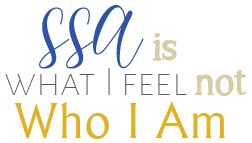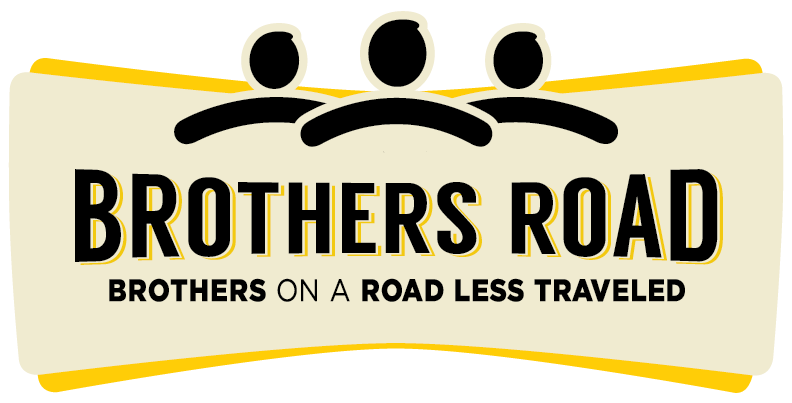About SSA
SSA suggests an experience, not a permanent identity. It implies a set of feelings, not a way of life.
What is SSA?
Why does the Brothers Road community (along with many others) use the term “same-sex attraction” or “SSA” instead of “gay”?
To many of us, “gay” strikes us as a heavily loaded term, socially and politically. It can suggest an identity that most of us choose not to embrace and implies alignment with sexual and political values with which we often disagree. To us, “gay” can imply an intent to live sexually active lives that most of us in the Brothers Road community don’t want for ourselves.
 But we don’t much like the term “homosexual,” either. Too clinical. Too diagnostic.
But we don’t much like the term “homosexual,” either. Too clinical. Too diagnostic.
So most of us have settled on the term “same-sex attracted,” or SSA. “SSA” suggests an experience, not a permanent identity. It implies a set of feelings, not a way of life. SSA is “what I feel, not who I am.”
The phrase “same-sex attracted” and its acronym SSA have been widely embraced throughout the world by men and women who decline to let their sexual attractions define them or to identify with the common politics and ideologies of most gay cultures.
In truth, most of us don’t care much for labeling our sexuality at all. Our sexuality is just too complex and too nuanced for a convenient label, and we would rather not reduce ourselves to a sexualized or politicized term.
But the demands of human communication often require the use of sound-bite terms that convey shared meaning succinctly. So in our communities, we typically choose to call ourselves “SSA” or someone “who experiences SSA” or even someone with “unwanted SSA” or similar phrasing, rather than “gay.”
That’s our prerogative. While we respect the right of others to embrace a gay identity or label, we likewise get to decide what to call ourselves.
I searched and prayed for many years to find a support network, a brotherhood of men who shared my struggle. Alone and isolated, I knew that there had to be other men who were in the same boat — sexually attracted to the same gender but choosing not to act upon it. I felt lost and confused in my search, fearful that I might just be alone in my desperation.
That is, until I stumbled upon the phrase “same-sex attraction.” I had never heard it before, but it perfectly fit what I was experiencing. And as soon as I discovered the term, the internet opened a whole world of resources that were previously unknown to me.
Finding a support network in my local community and through Brothers Road has been an enormous blessing. I now know that I do not struggle alone, that there are many men who walk in my shoes and who are there for support, encouragement, accountability and friendship.
